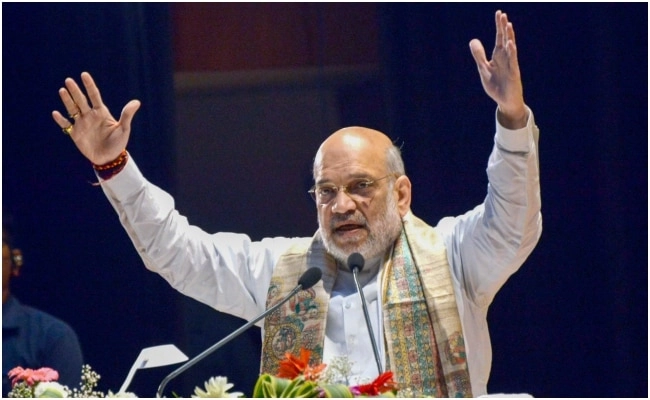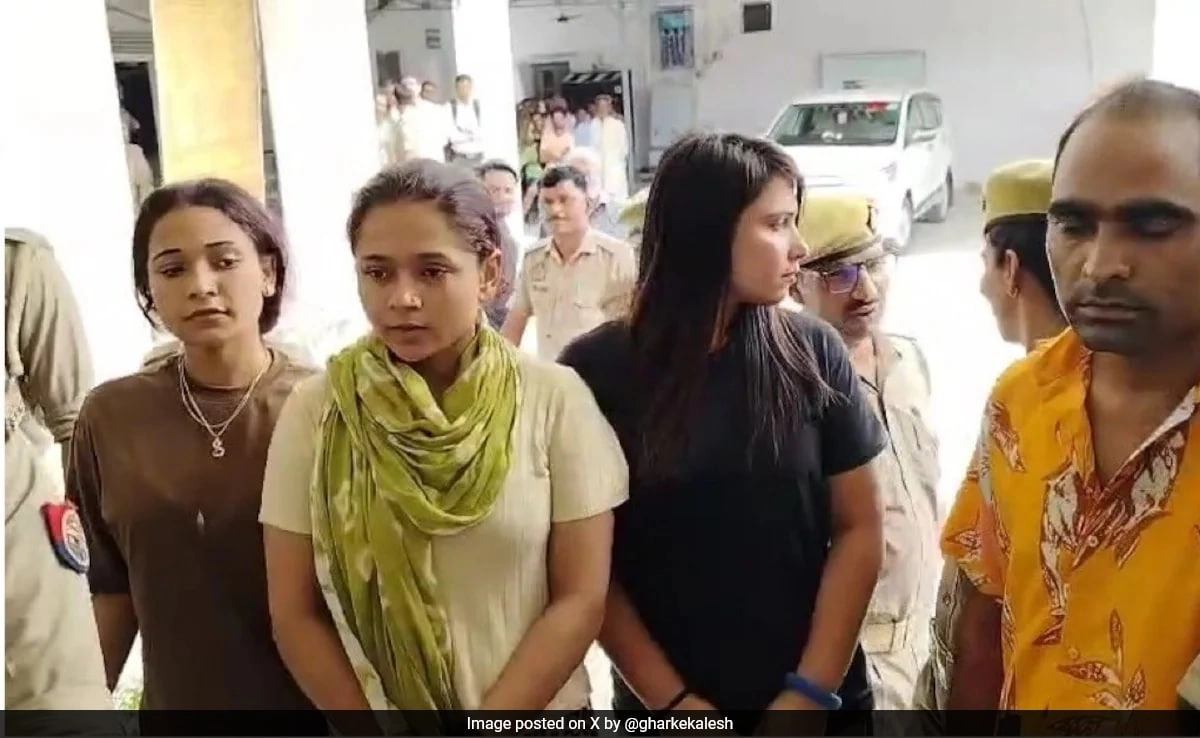In a significant directive, Indian Union Home Minister Amit Shah has called upon Chief Ministers across the country to identify and document all Pakistanis residing in India. This announcement has sparked considerable debate and discussion regarding the status and treatment of foreign nationals within Indian borders. Shah’s appeal emphasizes the importance of national security and the need for a comprehensive approach to managing immigration, particularly in light of geopolitical tensions and concerns over illegal immigration.
The Home Minister’s instructions reflect a broader governmental strategy aimed at ensuring that all foreign nationals are accounted for and that any individuals who do not possess valid documentation are returned to their home countries. This initiative is not merely about immigration control; it also touches upon issues of national identity and the complexities of cross-border relations between India and Pakistan. By urging state leaders to take proactive measures, Shah is reinforcing the idea that the government is committed to safeguarding India’s sovereignty and territorial integrity.
Moreover, the implications of this directive extend beyond administrative logistics, as it raises questions about the treatment of refugees, asylum seekers, and those who may have familial ties in India. Critics argue that such measures could lead to a climate of fear among certain communities, as the identification process could inadvertently target individuals who have been living in India for years. The challenge lies in balancing security concerns with humanitarian considerations, ensuring that the rights of individuals are respected while addressing the legitimate needs of national security.
As the Chief Ministers respond to Shah’s call, the effectiveness of this initiative will depend on the collaborative efforts of various state governments and law enforcement agencies. It remains to be seen how this directive will be implemented on the ground and what measures will be put in place to protect the rights of individuals during this identification process. The government’s approach will be closely watched, as it has the potential to influence public sentiment and shape the discourse on immigration and national security in India for years to come.




